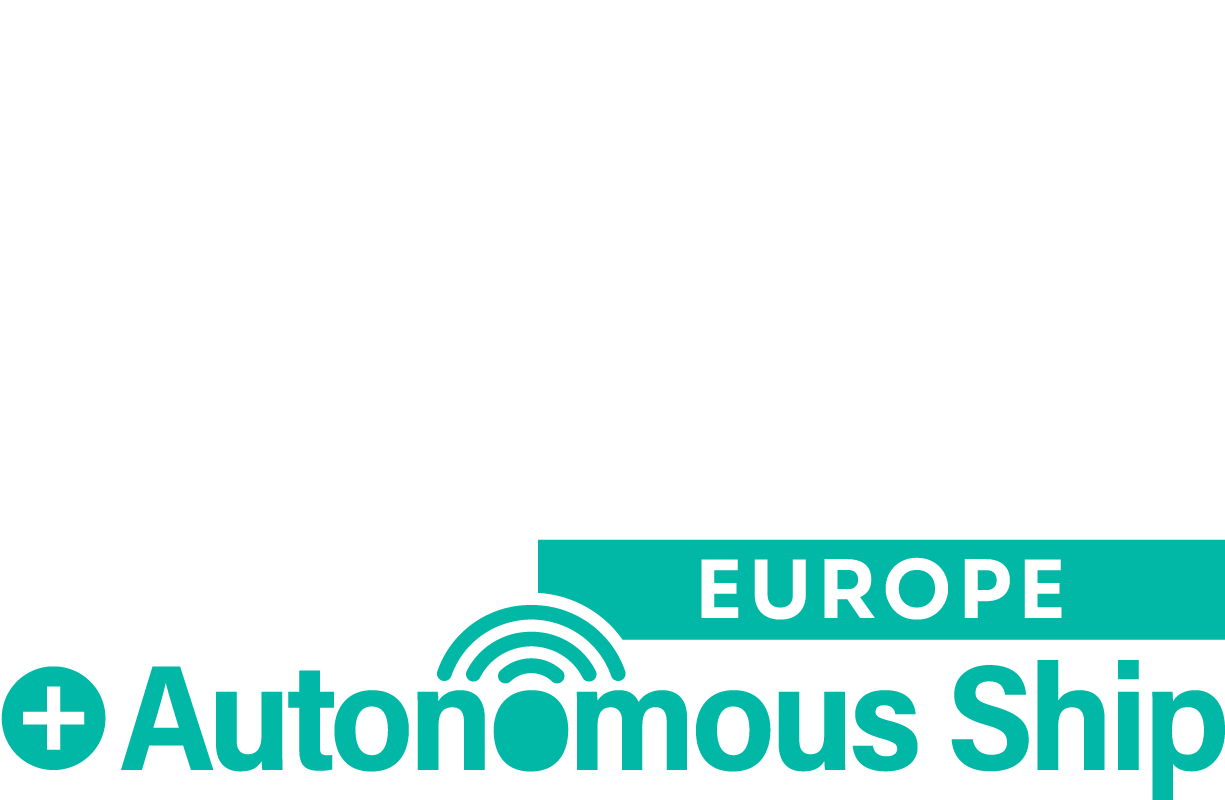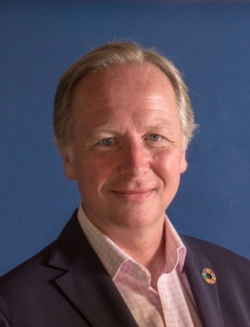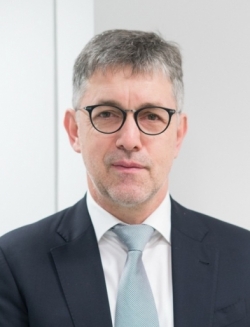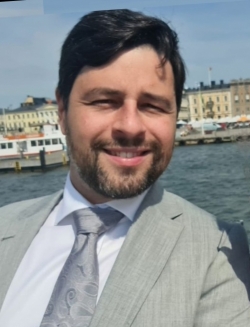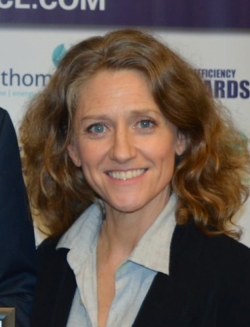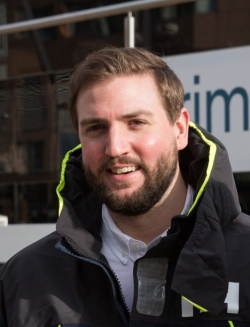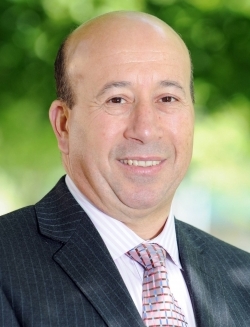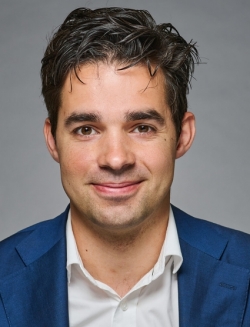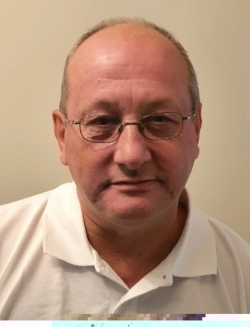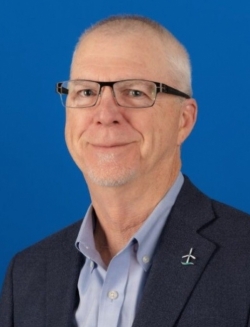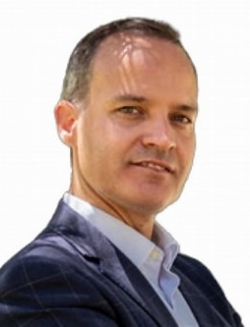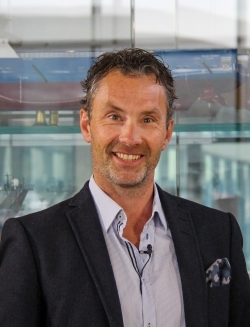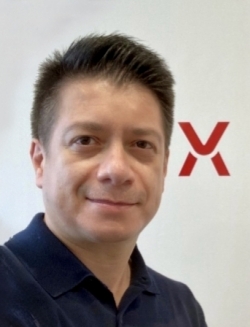The Conference Program for 2025 is detailed below and will be replaced with the 2026 program once sessions are finalised. Please check back for 2026 updates.
We're sorry, but we couldn't find any results that match your search criteria. Please try again with different keywords or filters.
Loading
Day One - Market and technology - progress reports
This session opens the conference with a snapshot of where the industry is with regard to progress in electrification and hybridisation. It will cover the scale and type of battery installations, the overall picture with regard to the adoption of alternative fuels, and reviews of the ferry and passenger ship sectors.
08:50 - 10:05
08:50 - 10:05
-
Conference Room One
-
Conference Room One
-
Conference Room One
-
Conference Room One
Day One - Alternative fuels and energy sources
Explore the role of hydrogen, ammonia, methanol, and nuclear in decarbonizing alongside electrification. Industry experts will present research on these alternative fuels’ viability. A panel discussion will follow, offering deeper insights and the chance for the audience to ask questions and engage directly with leading voices in the field.
10:35 - 13:05
10:35 - 13:05
-
Conference Room One
-
Conference Room One
-
Conference Room One
-
Conference Room One
-
Conference Room One
-
Conference Room One
-
Conference Room One
Day One - Panel Discussion - Alternative fuels – assessing operational feasibility
Following on from the examples in the morning session, this expert panel discussion will assess the feasibility of different fuels and energy sources for differing shipping types and duty profiles.
13:45 - 14:45
13:45 - 14:45
-
Conference Room One
Day One - Panel Discussion - Ferry design considerations
Ferry designs are driven by specific operating needs—but are today’s complex solutions ideal for electrification? This session explores whether lighter, simpler, and more cost-effective vessels might be the future. Hear diverse views from Class, technology providers, integrators, and operators tackling this challenge from both public transport and leisure sectors.
12:40 - 13:50
12:40 - 13:50
-
Conference Room Two
Day One - Deep dive masterclass – battery sizing for fuel cell hybrid systems
FEPS presents a model-based analysis for optimizing battery and fuel cell hybrid systems on yachts. Using real operational data, they’ve designed a system tailored to typical load profiles. The session will explore how hybrid powertrains can be rightsized for efficiency, sustainability, and performance across real-world maritime scenarios.
15:00 - 17:00
15:00 - 17:00
-
Conference Room One
Day Two - Battery and fuel cell developments
This session will look at issues such as battery chemistry, lifetimes, costs sizing and appropriate usage. It will also consider fuel cells either discretely or in combination with batteries. Whether batteries can provide more capability in deep sea shipping will also be discussed.
08:45 - 10:50
08:45 - 10:50
-
Conference Room One
-
Conference Room One
-
Conference Room One
-
Conference Room One
-
Conference Room One
-
Conference Room One
Day Two - Panel Discussion - How DC grids onboard assist shipowners and operators to decarbonize
With increasing ship electrification and hybridization DC onboard has made a comeback. Developments in power electronics, renewable energy, and energy storage systems (ESS) have supported the growth of the DC-grid. This expert panel will discuss the benefits for ship owners and operators.
11:15 - 12:30
11:15 - 12:30
-
Conference Room One
Day Two - Project reviews and vessel case studies
Project reviews and case studies provide attendees with a compendium of the latest research projects as well as innovative engineering on real vessels provided by the engineers and scientists conducting the research and the designers, builders and operators of the latest vessels.
13:30 - 17:00
13:30 - 17:00
-
Conference Room One
-
Conference Room One
-
Conference Room One
-
Conference Room One
-
Conference Room One
-
Conference Room One
-
Conference Room One
-
Conference Room One
Day Three - Port electrification
This session will consider the charging infrastructure necessary for electrified and hybridized vessels. It includes the issues of power generation and distribution in ports and power connection to vessels. It also considers innovation in at-sea charging, and supply and charging in remote or difficult-to-access areas. Consideration will also be given to the bunkering of alternative fuels for hybrid applications.
08:50 - 12:40
08:50 - 12:40
-
Conference Room One
-
Conference Room One
-
Conference Room One
-
Conference Room One
-
Conference Room One
-
Conference Room One
-
Conference Room One
-
Conference Room One
-
Conference Room One
Day Three - Panel Discussion - Infrastructural and facilitation initiatives
Following the session specifically on charging and bunkering, this session will look at the initiatives and support for infrastructure in ports and between them. An expert panel consisting of funding facilitators, providers and the ports themselves will discuss funding, regulation and facilitation.
13:30 - 14:50
13:30 - 14:50
-
Conference Room One
